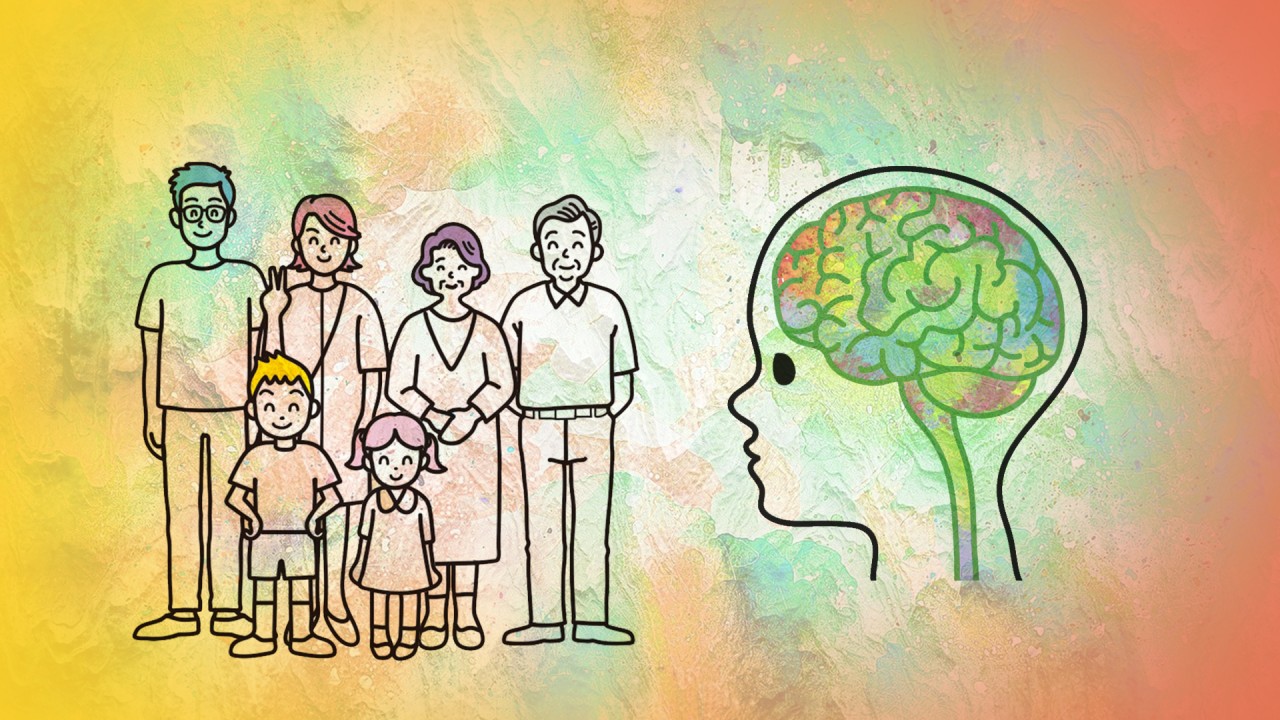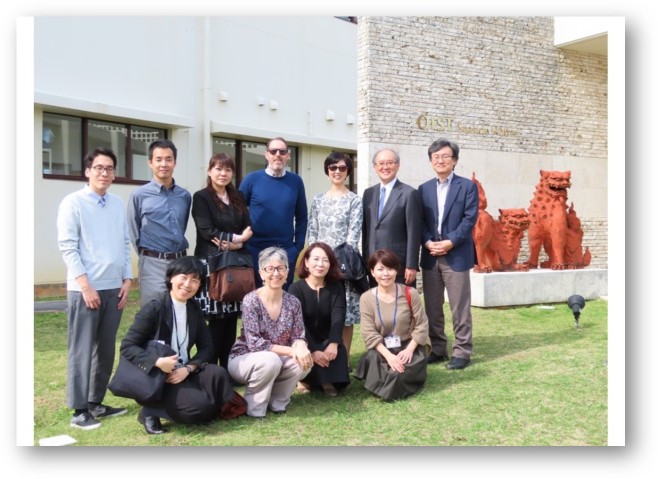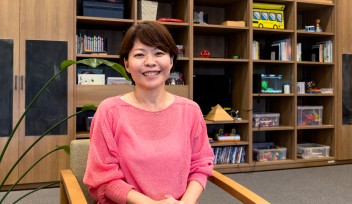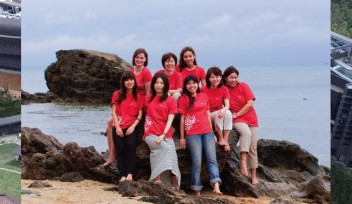Taking care of caregivers of children with ADHD

Attention deficit hyperactivity disorder (ADHD) is a common neurodevelopmental disorder characterized by elevated levels of inattention, impulsivity, and hyperactivity that can impair academic and social functioning. ADHD is also associated with increased levels of parenting stress, less effective parenting practices, and can disrupt the parent-child relationship. The importance of support for parents of children with ADHD is widely acknowledged in Japan, but specialized parent training programs targeting ADHD have not been available.
However, a new program developed at the Okinawa Institute of Science and Technology (OIST) aims to reduce the strain on families of children with ADHD by helping mothers improve their ADHD-specific parenting skills, as well as developing confidence in their own parenting. Dr. Shizuka Shimabukuro, a researcher in the Human Developmental Neurobiology Unit at OIST, has worked to develop and evaluate Well Parent Japan (WPJ). WPJ is a 13-week group-based parent training program that focuses on enhancing mothers’ psychological wellbeing and teaching culturally tailored parenting skills for ADHD. Dr. Shimabukuro was recently recognized with an award from the Japanese Ministry of Education, Culture, Sports, Science and Technology (MEXT) for her long-standing work with the program. She is the lead author on a recently published paper in the Journal of Child Psychology and Psychiatry that evaluates the efficacy and cost effectiveness of WPJ compared with treatment as usual for Japanese mothers of children with ADHD.
“We implemented WPJ across three sites in Japan and found that the program was more effective than treatment as usual in these settings, as well as being moderate in cost to deliver,” explains Dr. Shimabukuro, and adds that, importantly, “the study was conducted in regular hospitals and a developmental support center, not the research lab, as we wanted to test if it worked when delivered in the community.”

Finding solace in community
The group-based approach was found to be very effective in providing social support and encouraging shared learning amongst the participating mothers, who might otherwise feel isolated or hesitate to seek help in dealing with their children’s difficulties. “The primary caregiver in Japan is usually the mother, and because they hesitate to put their own needs ahead of others, they often feel alone with their problems. We wanted to invite them to a comfortable, shared space where everyone is dealing with similar issues and can safely share their struggles and concerns, as well as learn from and support one another,” explains Dr. Shimabukuro.
Just as the mothers came together to share and address their parenting difficulties, so is WPJ the product of ten years of co-production and collaboration between researchers, clinicians, parents, and children with ADHD, drawing on international literature and the voices of Japanese parents who participated in the studies. Professor Gail Tripp, head of the unit and another author on the paper, describes the present study as an exercise in crossing divides: “We worked closely with a local hospital here in Okinawa, two university hospitals in other parts of Japan, an economist in Tokyo, and a research colleague in the UK. OIST Innovation supported the study and our efforts to move toward broader implementation. It’s a highly collaborative effort, and I’m glad to see it coming to fruition.”

From lockdown to the future
The process of testing the efficacy of WPJ was not without its challenges. The clinical trials began just before the onset of the unexpected coronavirus pandemic, which meant they had to adapt the original research design to the changing social conditions. “We were trying to coordinate the trials across three sites, with the regulations constantly changing with the nature of the pandemic,” as Dr. Shimabukuro recounts it. “I’m very grateful and proud of the work that the research group leaders put into first and foremost ensuring the health and safety of our research participants, while also ensuring robust data.”
Despite the difficulties faced, the researchers were pleased to see that WPJ was effective in ‘the real world’, with the program outperforming treatment as usual in reducing parenting-specific stress, improving parenting efficacy and reducing family strain. “Considering the disruptions brought by COVID, we had an extraordinarily high participant retention,” explains Prof. Tripp, adding that “comparable studies from abroad in non-pandemic conditions usually report a participant attrition rate – the rate of participants of dropping off during the study – of about 15%, but ours was just around 7%.” Dr. Shimabukuro suggests that “our results show how much parents engaged with the program and valued the time and space to talk about their children, even during the height of the COVID crisis.”
The high participant retention and the positive results confirms the value of programs like the WPJ in Japan. As Dr. Shimabukuro puts it, “as parents are agents of change for their children, it is very important to take care of them before they can take care of others.”
Dr. Shimabukuro is now turning her focus to another environment where children with ADHD spend much of their time – schools. “Teachers are also important agents of change for the children, and the children spend so much of their time with them – but like parents, they often face the challenges that ADHD can bring alone. It would be much easier for children with ADHD to establish good behavioral habits if parents and teachers dealt with any problems that arise consistently,” explains Dr. Shimabukuro.
The team is now running a feasibility study for implementing an educational video series, a modified version of WPJ, for teachers in schools. Both to educate the teachers about what it means for a child to have ADHD and how to adjust their teaching techniques to accommodate this, but also to – like with the mothers – provide a space for the teachers to share their professional insights and experiences of accommodating children with ADHD, with one another. As licensed clinical psychologists, Dr. Shimabukuro and Prof. Tripp are working to combine their clinical experience with their research in the lab for the good of the children, their families, and their communities. In Dr. Shimabukuro’s words, “we are ultimately hoping to help enhance people’s understanding of ADHD, improve the quality of support and increase the number of places to receive help in the community – we want to help these families under strain.”
If you're interested in the ADHD research at OIST, you can read more and contact the Children's Research Center here. For press enquiries, please contact us here.
Article Information
Specialties
Research Unit
For press enquiries:
Press Inquiry Form














